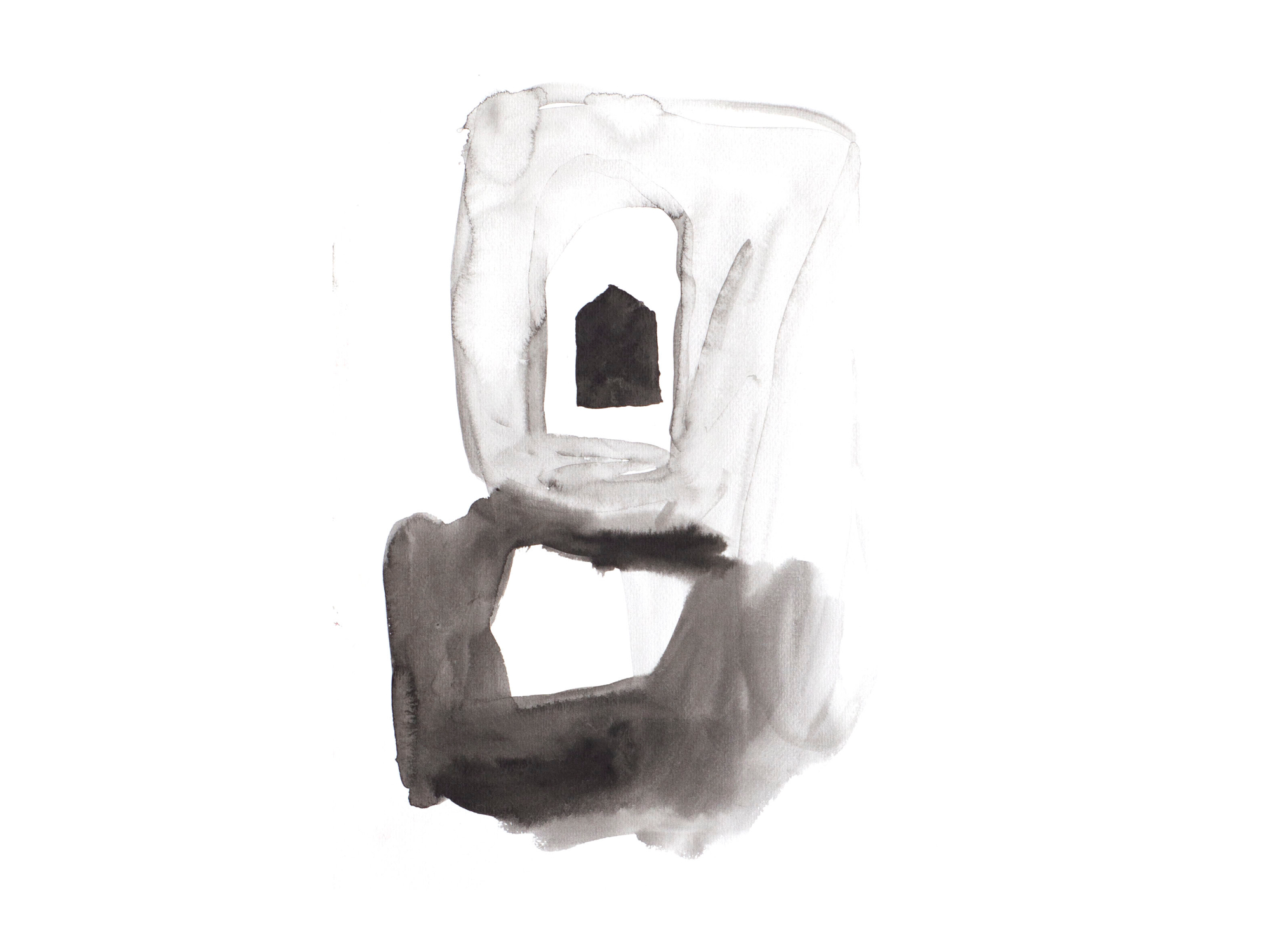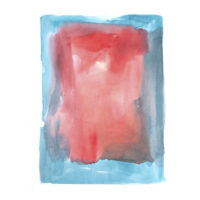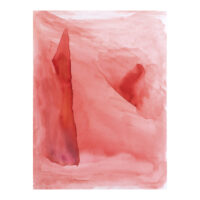In dreamless sleep, we give up our self-consciousness and our ability to remember. What we achieve while asleep is a riddle and a miracle.
I don’t know what you were doing before you started reading this text, but now that you are reading it, I can safely assume that you are awake. You woke up a while ago. Before that, when you were asleep, you weren’t for a while—you were not conscious. Or rather, you were a gap in your consciousness.
The Other Today
By “today”, I refer to the time span between waking up and going to sleep. During a night spent awake or after an excessively deep nap, the connection to the calendar day can easily be shaken. “Today” is my uninterrupted being awake, and staying awake is my victory over the threat of sleep—the victory of self-consciousness, of my personal freedom over the omnipotence of sleep. So, falling asleep is the defeat of the sovereign human being. Falling asleep means surrendering, giving up, entrusting yourself to the gods. Regardless of whether you are a hermit or a soldier, a child in nappies or a president, it is about losing all external power and power over yourself. And please don’t get me wrong: I love sleep—this untouchable benefactor, this healer, this golden darkness!
Depart from “today” with me, and let’s look at ourselves as sleepers; here, you probably know as little about yourself as I do about you. The sleeping person has given up their self, including their ability to remember. Whatever happens during that time, it eludes the waking world and our knowledge. We close our senses in order to sleep. We do not grasp sleep with our senses. Knowledge needs to be of a different nature here—perhaps a knowledge encompassing inaudible sounds, subtler movements, or simply purer concepts that awaken in themselves rather than in sensory impressions?
I am compelled to ask: What is this “other today”? This span between falling asleep and waking up? What is this place called? Why don’t we have a common name for it, just “sleep”? Who or what are we here? Extinguished consciousness? Sparks of consciousness dampened by the cosmic powers so that we do not burn up in the face of the undivided universe? Or, rather, specks of embers in the fire of the primeval world? Expanded into the equilibrium of worlds to prepare destiny?
Let’s stay with the “other today”. Let’s begin by trying to think of this other as the reverse: a span between falling asleep and waking up. And just as “today”, the current span of consciousness, describes an extended “now”, sleep is then precisely the other side of time, not between now and now, but surrounding today and today. It is less a structuring of time and more a primeval time, an eternity that carries time within itself, a place where the most distant times exist simultaneously.
Waking, we exhaust our strength; we use up the body. Might sleep, therefore, be the producer of strength, the creator of the body? So, is the “other today” the workshop for building the body? Let me intersperse a quick reflection on the human skeleton.
The Two-Sided Sphere
We humans are two-sided beings of consciousness. We form a skull, a sphere. It is perforated in one direction, as if wounded, with cavities and bulges, and on the other side, it is completely closed and often additionally overgrown with hair. With the often beautiful, open wounds, we capture marvellous diversity, what is divided, fractured: sensory impressions. Just hearing and seeing are separate, different things. The world disintegrates in the senses. I grasp their unity with the enclosed, uninjured side of my head. Not only the unity of an entity disintegrating in the senses but also the unity of the world. Just as we unite impressions of voice, gait, and scent in a person, so too does the incomprehensible multiplicity as the “one world”.
But the senses not only divide and separate beings; above all, they separate us from the world. It is, indeed, the consciousness of this head form that desires to be completely in itself and only through subtle pain divides and experiences the world and awakens in the reassembling of it.
Descending from the neck, we see a different configuration. Compared to the skull, the rib cage is closed and open in all directions at the same time. The multiplicity of ribs makes it possible. They defend the self, that which is enclosed, in a way permeable to the world. Between fear and longing, between hate and love, a compelling game unfolds here. Less as something separate or as an observer, more as something connected, affected, participating, a person experiences themselves in their middle, as someone who feels, as someone who dreams.
Starting from here and continuing in all directions, the bony elements are kept to a minimum. They become the inside, no longer encompassing any organs or anything internal. Even the cupped shape of the pelvis does not form a closed interior but rather an all-round, opening gesture towards the world. And next to the unity of the cranial bone, the hand with its 27 loosely jointed bones appears like an image of complete fragmentation, wanting to go in all directions at the same time. Gripped by the human being, the hand appears closed, grasping, and carrying; formatively, it creates units like the occiput. In the limbs, we are completely surrendered to the outside world. And when awake, it is impossible to experience what goes on in digestive processes, in carrying and straining, in forming and dancing, in conceiving and giving birth. Here, too, we talk of sleep.
The bones assist me in forming the following sentences: The waking person thinks thanks to the separation of self and world. The dreaming person feels in the connection between self and world. The sleeping person wills, in that they become the world themselves.
The Little Sister
It is strange to marvel at our own solidity like this, isn’t it? What do we gain from our speculation? More questions: If wakefulness grows out of separation, does sleep grow out of concord? Is everything, then, that seems separate from me when I am awake contained within me during sleep? Are all people a part of me? Are all brooks, rivers, and seas contained within me? The zodiac in me? The sovereigns in me? My destiny just as a part of all destinies—as the destiny of the world within me? How differently might judgements be made here? What kind of ideas are the ideas of this otherworld, this othertime?
In sleep, I close my eyes. You too? I am no longer receptive to sound and scents. I lose interest in external enjoyment and external activity. I resemble the thinker, immersing myself warmly in the world. This is how I become a cosmic skull in sleep, or better, cosmos? And instead of the light of my senses, there is an inner light that does not illuminate the outside but rather makes everything shine from within. Just like any well-framed concept. Is sleeping the great thinking and our waking thinking its little sister?
We are reaching the end. As much as I can delay the moment of falling asleep, that’s how little I can make the act of waking up my own. How is it with you? I would love to know how you sleep tonight!
Translation Christian von Arnim
Image Untitled, Miriam Wahl, 2020






may I be blessed to read/hear feel and dream more of Philipp Tok!
Though logged in I am not given access to certain articles like the latest deepening article. Why?